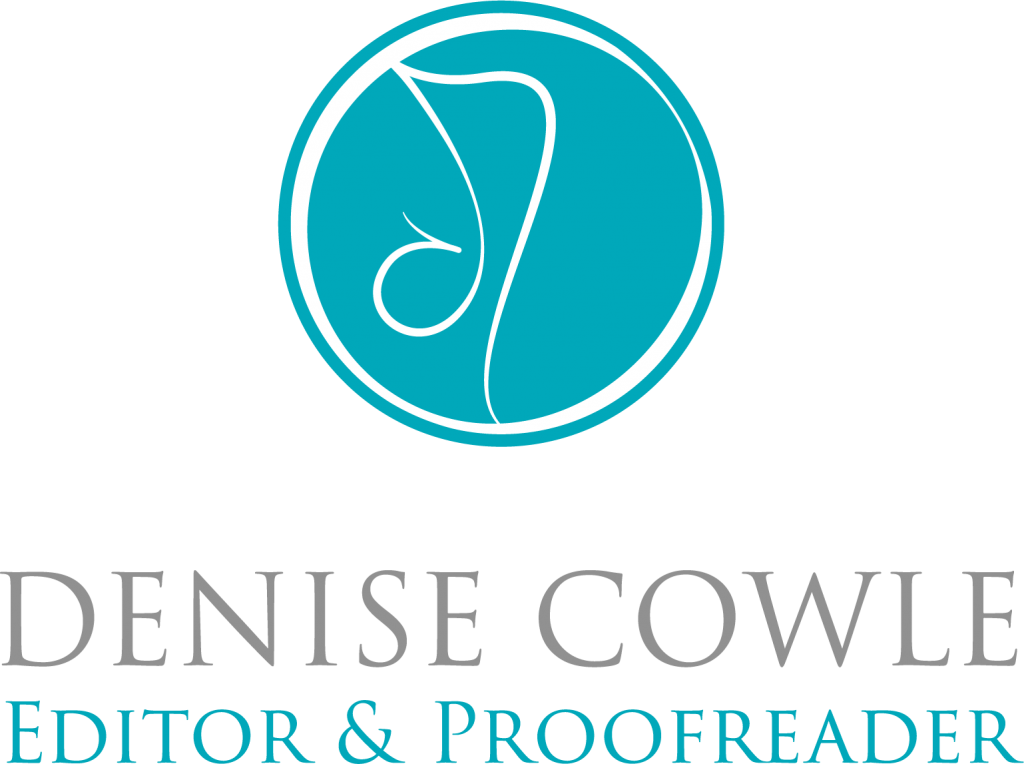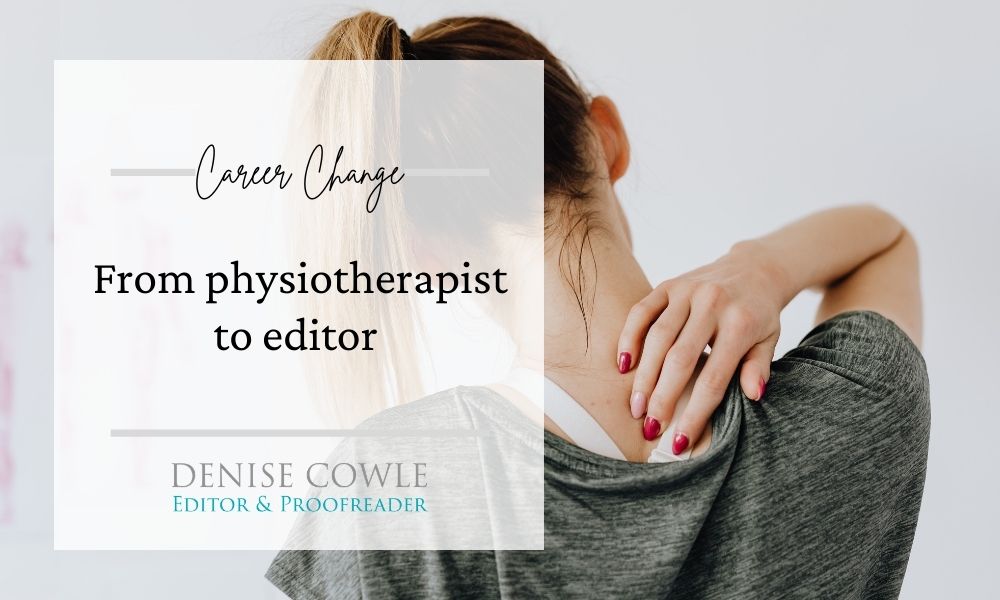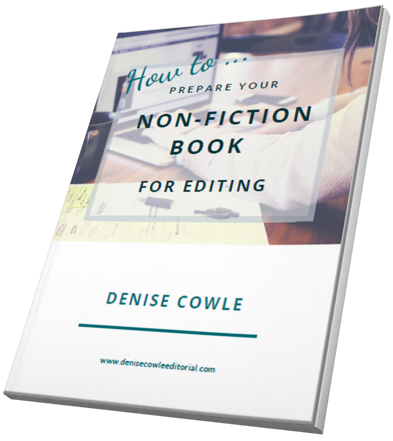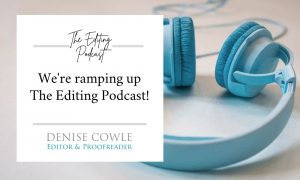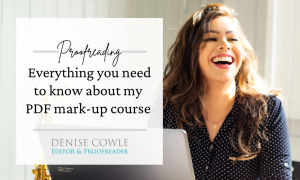When I took the giant leap of faith that was my career change three years ago, I thought I was leaving the past behind and moving on to a profession totally unconnected to my previous career. How wrong can one person be?
While it’s true that, on the surface, a chartered physiotherapist appears to be an entirely separate being from an editor, on closer inspection there are actually quite a number of similarities. Hard to believe? Hear me out.
1 Helping people to get better
Physiotherapists spend their whole careers helping their patients to get better. Whether it was recovering from a relatively short-term acute injury or managing a chronic condition, I helped people to be the best they could, physically. From assessing gait to correcting posture, I used my skills to ensure the best recovery possible.
Editors and proofreaders dedicate themselves to helping to improve an author’s writing. Whether it’s proofing a short brochure or report, or editing a complex multi-authored volume, I refine and polish the manuscript until it’s the best it can be. From assessing language use and style to correcting spelling, grammar and punctuation, I use my skills to ensure an author’s message is as clear as possible. Sound familiar?
2 Working as part of a team
Physiotherapists are an integral part of the multidisciplinary team. I worked closely with medical and healthcare professionals, social services, family and carers to provide as integrated a service as possible.
I may work in a room by myself now, with only a computer for company, (OK, and a rather noisy husband, too – he even types loudly) but I am part of a production team of editors, designers, illustrators and writers. Although I may never meet most of them (they are scattered across all the time zones) we are in contact via email, Skype, phone and even social media.
3 Communication skills are vital
As a physiotherapist, I often dealt with situations which required sensitivity, tact and understanding. Conveying my message clearly and calmly was vital when people were upset or distressed, and empathy was an important attribute.
Tight (or impossible) deadlines, mangled manuscripts and overwrought authors are just a few of the situations where as an editor I have to employ all of the above qualities. Communicating clearly and in good time can turn a potentially disastrous situation into a win–win for all parties. Head in the sand and hope for the best is not an option.
4 Managing a caseload
OK, so I ran busy clinics with waiting lists, and organised my caseload which was a mix of new patients and follow-up appointments, urgent post-operative patients and people with chronic conditions, all of whom wanted to be seen yesterday.
Now I juggle proofreading and editing books, dissertations, websites and interactive materials with invoicing, marketing, networking, finding and keeping clients, and all the other aspects of being self-employed that you tend to forget about.
But now it’s on my terms and it fits in with my life – I have taken back some control.
5 Colleagues and new friends
One of the concerns I had when I became a freelance proofreader was that I would miss my work colleagues and feel isolated in a new profession where I knew no-one.
Very early on I made a point of going along to a local group meeting of what is now the Chartered Institute of Editing and Proofreading (CIEP), and it was the best thing I could have done. I immediately felt part of something – the group meetings recreated the staffroom I no longer had and gave me a circle of generous colleagues (who I now consider friends) willing to share their experience with me, a complete newbie. We meet monthly to socialise and share knowledge. And eat cake. (We meet at Singl-end Café and Bakehouse in Glasgow – a definite plus.)
6 Continuing Professional Development
As a chartered physiotherapist, a great deal of emphasis is placed on Continuing Professional Development (CPD) – and rightly so. It’s an essential part of professional life, and must be demonstrated via a portfolio to renew registration with the Health Professions Council. Shared practice encouraged me to learn from my peers and regularly update my skills and techniques.
As an editor, there is no formal requirement to do training or keep up-to-date, but as a professional I consider CPD an essential part of my life and try to schedule regular activities – CIEP local group meetings, their discussion forum and annual conference are all an integral part of my working life now, as are keeping abreast of the latest trends in publishing, language use and the editing world generally via Twitter, Facebook and the many excellent blogs by editors I respect. Contributing to and learning from all these platforms, whether face-to-face or virtual, is shared practice in action.
So I may have a new career, but it turns out many of the skills and qualities I had as a physiotherapist were transferable to my new life as a proofreader and editor. From manipulating joints to manipulating text, some skills remain essential.
In future posts I plan to look at why looking after your body and mind should be part of your working life, with hints and tips on how to do just that. Watch this space!
Did you bring skills from a past career to your present one without realising it? I’d love to hear about it in the comments below.
